Colombia is the fourth largest country in South America. With substantial oil reserves and natural resources, Colombia provides an array of business opportunities for the knowledgeable foreign investor. Colombia’s efforts to improve current economic policy and democratic security have further increased investor confidence in Colombia’s economy and growing business sector. Colombian laws provide foreign investors with a number of corporate structures that may be used to both protect an investor’s assets and further the investor’s goals. The most suitable entities for commercial purposes in Colombia are the simplified share corporation and a foreign company branch.
In this article, Marcela Cristina Blanco provides a comparative analysis of the basic characteristics of a foreign company branch and a simplified stock company and the necessary steps for establishing your business in Colombia such as taxes, state contracts, and other regulations as they pertain to foreign investment.
Colombia’s recent efforts to improve economic policy and domestic security have increased confidence in the business sector. Colombia is the fourth largest country in South America and one of the continent’s most populous nations. The country also has abundant natural resources, including substantial oil reserves. For these reasons, Colombia offers numerous business and trade opportunities for foreign investors.
Colombian law provides several vehicles through which foreign companies can engage in permanent commercial operations in Colombia. The two most commonly resorted vehicles are the opening of a foreign company branch (“FCB”) and the incorporation of a simplified share corporation (“SAS”). A branch office is legally an extension of the head office and thus considered the same legal person for several purposes under Colombian law. In this regard, it is worth noting that in Colombia, a branch office participating in a state contract bid may avail itself of the experience of the head office as if it were its own, since the branch office and the head office are considered the same legal person. The SAS, on the other hand, is a newly recognized type of corporation. Its main feature is its simplicity for purposes of incorporation and of its basic functions (decisions, meetings, liquidation, etc.). The SAS ameliorates expenses associated with the formation and operation of boards of directors, statutory auditors, multiple managers and other formalistic requirements. Only six months after the creation of the SAS in 2008, more than 5,000 simplified share corporations have already been incorporated.
Incorporation: Distinctions between the FCB and the SAS
The FCB is a business establishment of a foreign company created by its parent company, and therefore lacks an independent legal existence. The first step is to prepare and submit to a Public Notary Office a draft public deed (articles of incorporation) containing the company’s by-laws. Such public deed must be signed by each of the founding shareholders, personally or by proxy. The home office must also provide the minutes of the meeting adopting the branch’s bylaws, and the parent corporation must establish in the resolution the corporate purpose for creating the branch.
The SAS, on the other hand, is a separate legal entity from the parent company and can be created with one or more persons. SAS companies are created by the execution of a corporate agreement that regulates basic matters, such as the company’s name, place of business and purpose; meetings of the corporate organs; and the scope and limitations of the powers of the legal representative, among others. The creation of these companies is subject to certain formalities for purposes of acquiring a distinct and independent legal status from that of its partners or shareholders, such as issuing public and private documents and its registry. The shareholders are liable only up to the amount of their capital contributions. Shareholders are not liable for labor, tax or any other kind of obligation incurred by the company, except when the company is used for fraudulent purposes or to harm third parties. Unlike any other commercial companies, the SAS may perform any legal business activity without it having to refer to a specific business activity.
Corporate Name
As FBCs do not have a distinct legal existence from its foreign parent company, the FBC is given the same name as the foreign company, with the addition of the expression “Sucursal Colombia” (“Colombia Branch”).
As the SAS has a distinct legal existence from its foreign parent company, it may have its own name. But the name must be followed by the initials “SAS.”
Capital
The FBC has certain capital assigned by their home offices, which essentially serves as a guarantee for the liabilities incurred in Colombia. The assigned capital stated in the branch’s documents of incorporation must be paid in full at the time of the branch’s establishment. The home office may also provide its branch with an investment supplementary to the assigned capital, which consists of a balance sheet account for the available assets, foreign currency or services that remain in the current accounts of the home office during the year corresponding to the earnings or contributions. The account’s credit balance corresponds to the amount that must be recorded as a supplementary investment to the assigned capital. By registering the supplementary investment to the assigned capital with the Banco de la Republica, the company obtains foreign exchange rights and, consequently, can repatriate both the invested capital and the earnings generated by the investment. The practical difference between the assigned capital and the supplementary investment to assigned capital is that if the company decides to increase the capital assigned to the branch, it must amend the opening certificate, have it formalized through a public deed, and register it with the relevant Chamber of Commerce. These steps are not necessary in the case of supplementary investment.
The capital of the SAS is represented by nominative shares. Like that of corporations, it is divided into three classes: (1) authorized, (2) subscribed and (3) paid-in capital. The period of the payment of the shares cannot exceed two (2) years.
Corporate Bodies
The FCB is required to have a general agent who represents the branch, manages the establishment, and counsels the foreign company in transactions with third parties. Additionally, the law provides that branches of foreign companies are obligated to appoint a statutory auditor, who must fulfill the same functions as those appointed by corporations.
In the SAS, the bylaws can freely determine the company’s structure and other regulations that govern this operation. Additionally, the company is not required to have a statutory auditor, except those whose gross assets exceed approximately $1,287,500 USD.
Decisions
Except for decisions that the general agent is authorized to make in relation to administration and the ordinary course of business, in the FBC all decisions of importance are adopted by the corresponding body of the home office in accordance with the laws that govern the corresponding corporate establishment in the country of origin.
In the SAS, a shareholders’ meeting is required to convene with one or more shareholders that represent at least one-half plus one of the subscribed shares. The decisions, including amendments to the bylaws, shall be made by a favorable vote of a singular or plural number that represents at least one-half plus one of the shares present.
Special Causes for Liquidation
The causes for liquidating branches are the same as those for liquidating the home office, given that the existence of the branch depends on the existence of the company to which it belongs. Also, because branches are seen as similar to business companies, they are subject to the general causes for dissolution of Colombian companies that are compatible with the legal nature of the branch. For example, where the home office (or the corporate body charged with this function in the bylaws) decides to close the business or where authorities determine that the assigned capital has fallen below 50% and that measures to restore it have not been taken.
In the SAS, the causes for liquidating the company are established in the bylaws and the applicable law.
Power of Attorney
If the future partners or shareholders cannot be present or available in the country in order to attend to the procedures required by the Authorities, they must prepare and grant a written power of attorney for the creation of the branch in Colombia. The legal representative of the home office may also issue this power of attorney.
The shareholders of the SAS, or their representatives by proxy, shall execute the document containing the company’s by-laws, which is a private document (document of incorporation). The content and the signatures of such document must be authenticated before a public notary or the Chamber of Commerce secretary.
Required Documents
The home office must legalize before a notary public the documents that show the bylaws of the home office and it’s good standing (its valid existence and legal representation). The home office must also provide the minutes of the meeting adopting the bylaws of the branch in Colombia and its opening, the designation of its general agent, his/her alternate, and the statutory auditor.
In the SAS, documents that certify the good standing of each of the partners or shareholders, if they are legal entities, must be provided. If they are individuals, providing a photocopy of their passports, foreigner identification cards if they are foreigners, or a photocopy of their citizenship identification cards if they are Colombian citizens will suffice. In addition, the bylaws of the company to be established must be submitted.
Taxes
Under current Colombian law the FBC should only be subject to tax on Colombian source income, whereas an SAS would be subject to tax on its worldwide income.
Registration of the Company
The public deed or the private document of incorporation, as the case may be, the acceptance letters of the persons appointed for the management and administration of the company, and the RUT (Registro Único Tributario or Single Tax Registration—the form used to register companies with the tax authorities) must be filed with the Chamber of Commerce together with the other forms issued by this entity.
Payment of Capital and Registration of the Foreign Investment
Foreign currency must be managed through compensation accounts registered before the Central Bank or duly authorized financial institutions in Colombia. Consequently, foreign exchange declarations must be filed with the Banco de la República in order to convert foreign currency into domestic currency.
If the investment is made in foreign currency (not in assets), then the filing of the declaration will be sufficient to register the foreign investment. On the other hand, if the investment is made in assets, the applicable procedures are different.
Benefits vis-a-vis State Contracting
One of the most essential criteria that private entities wishing to contract with the Colombian government is that the entity must meet specific requirements for experience in the that private contractor’s industry. This being the case, to the extent that the branch office is an extension of the foreign company and thus the same legal person, a branch office may avail itself of the experience of the head office, as if it were its own, which is not the case with the SAS. A subsidiary of a foreign corporation cannot avail itself of the experience of the foreign affiliated company, since the Colombian subsidiary would be a different legal person with its own experience and features.
Any company interested in setting up a business, a subsidiary or a foreign company branch in Colombia should first seek sound legal advice. Diaz, Reus & Targ, LLP has a wealth of experience and knowledge in Latin America, including Colombia, and is well equipped to advise clients on corporate matters. The firm advises both local and international clients doing business in Colombia and elsewhere in Latin America.







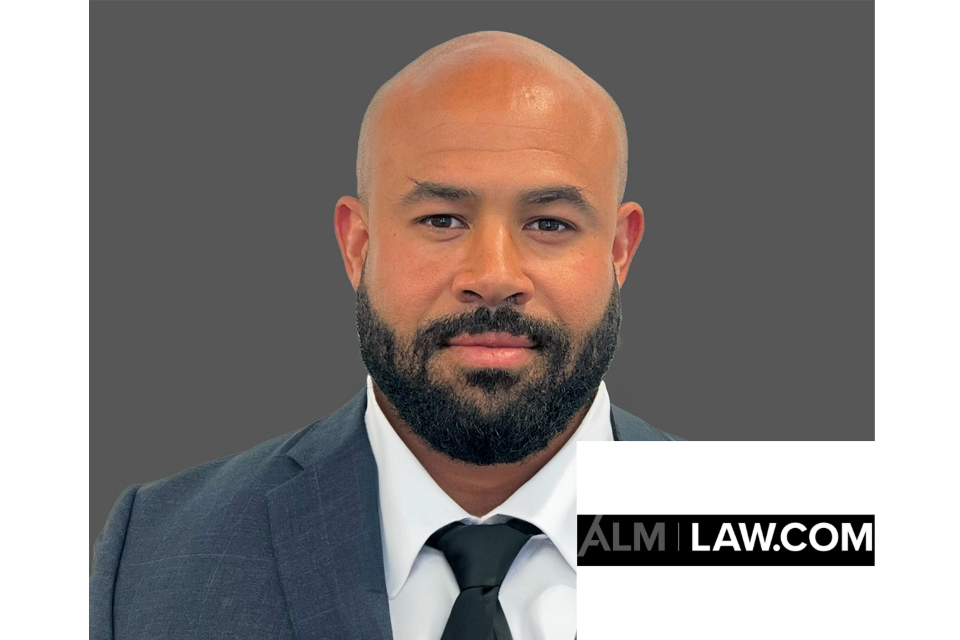



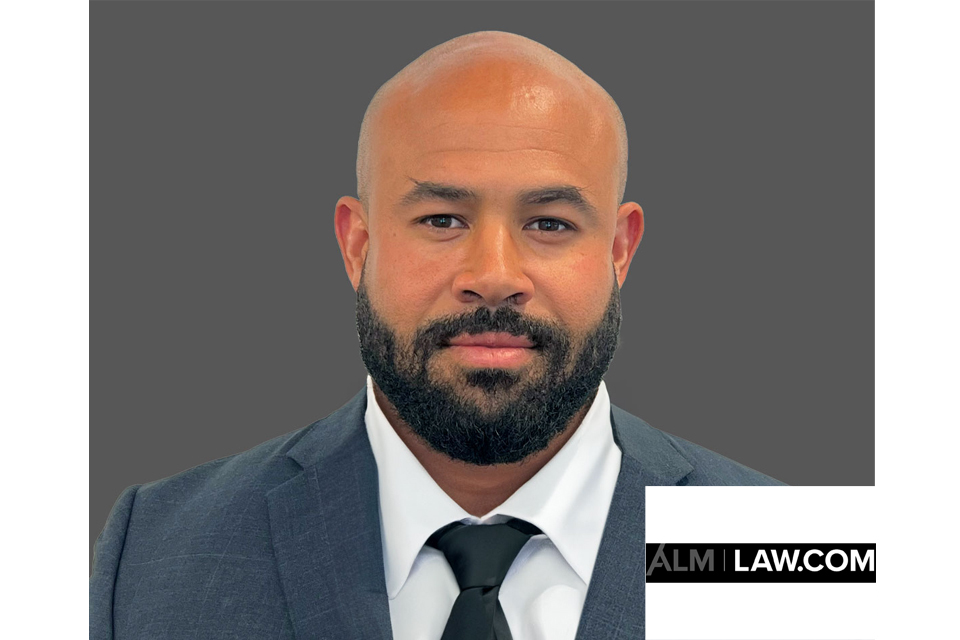






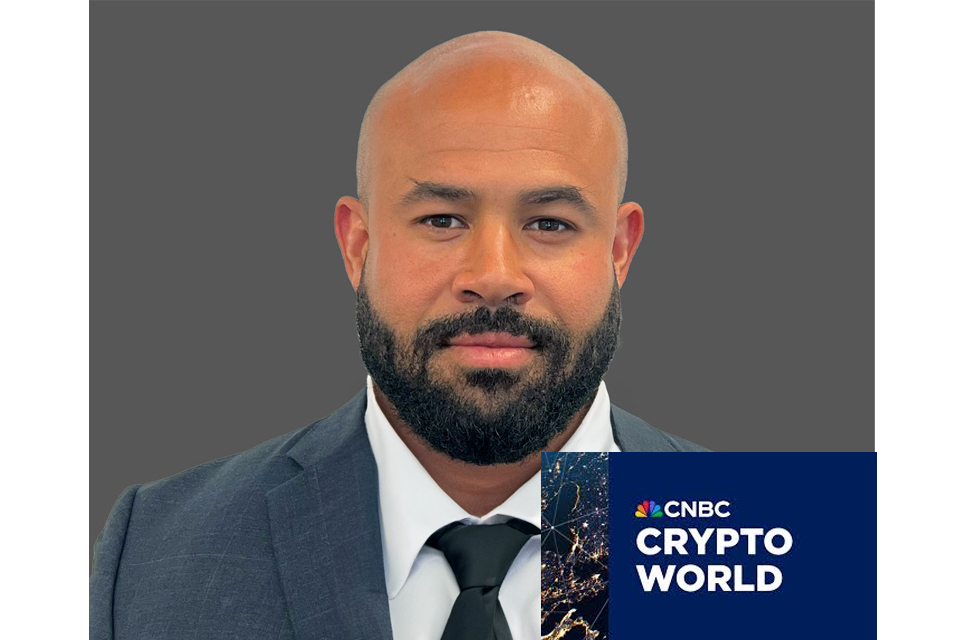

















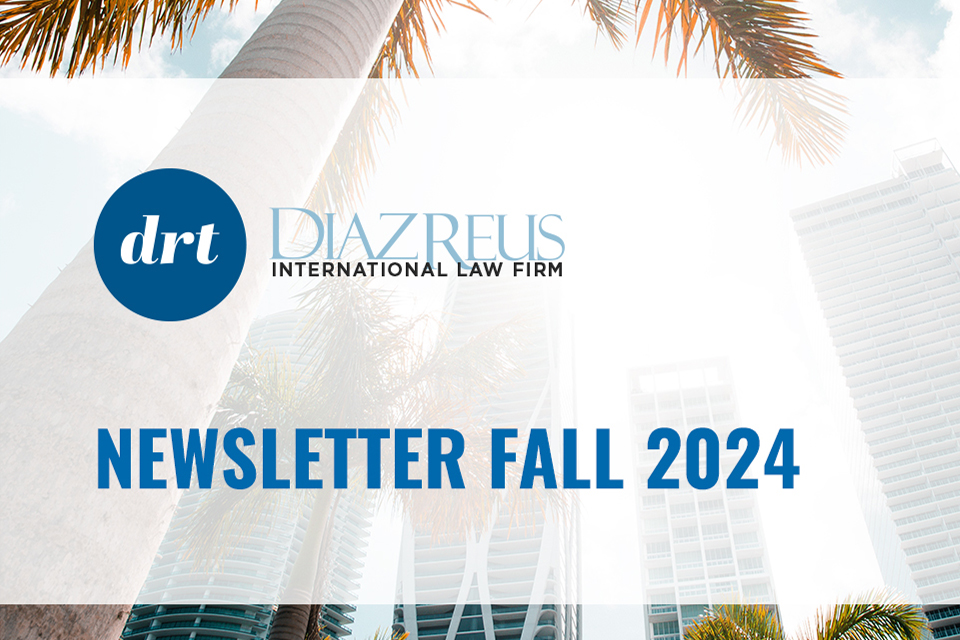






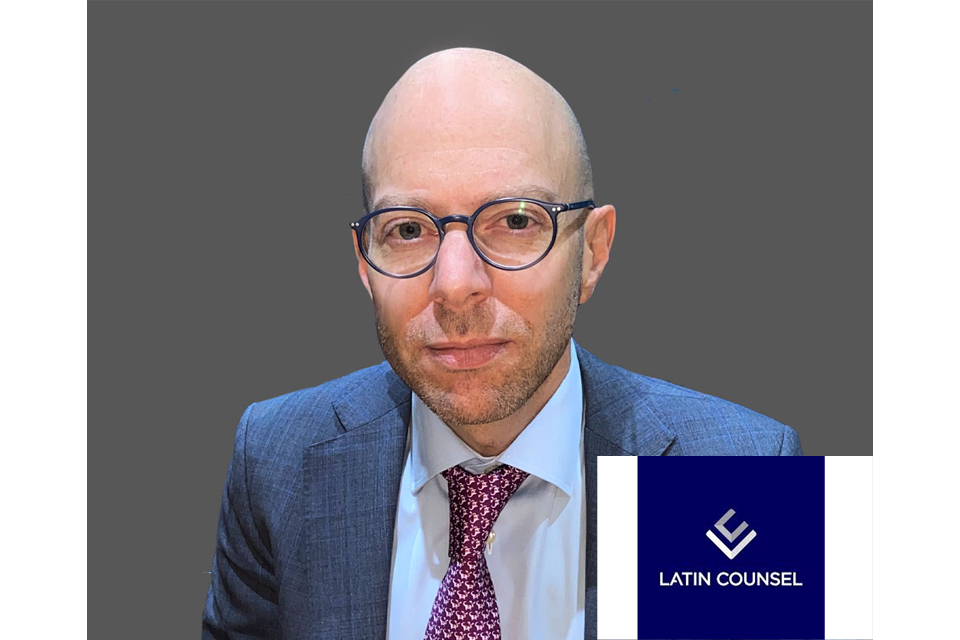





































![Especial abogados Salón de la Fama[61] 4](https://diazreus.com/wp-content/uploads/2023/06/Especial-abogados-Salon-de-la-Fama61-4-pdf.jpg)



























































































































































































